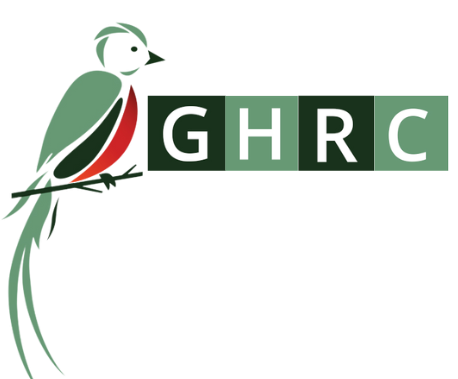Last Friday, after accusations made by Guatemala’s Attorney General, a Guatemalan court issued an arrest warrant for Juan Francisco Sandoval, former head of the Special Prosecutor’s Office Against Impunity (FECI). The warrant came just a day after Attorney General Consuelo Porras announced that she was launching an investigation into the former prosecutor for “leaking confidential information.” Ousted in July, Sandoval fled to the US after his abrupt and illegal dismissal, fearing for his safety.
The warrant charges Sandoval with the crimes of breach of duty and obstruction of justice. Consuelo Porras explained that Sandoval broke the law by sharing allegations that the President accepted a bribe from Russian businessmen, violating his right to a fair “pretrial” as established in the Guatemalan Constitution. She stated, “It’s unfortunate that Mr. Sandoval Alfaro uses the media to generate a campaign of revenge, misinformation, and discredit.”
Sandoval published a statement in response to the warrant, explaining, “Attorney General Consuelo Porras is at the head of a strategy to criminalize and pursue all the people that contributed for years to the strengthening of justice and the fight against corruption and impunity.”
Guatemalans organized protests on Saturday to once again demand the resignation of Attorney General Consuelo Porras and President Giammettei.
Public Prosecutor’s Office Opens Investigation into President Giammettei
On September 3, the Public Prosecutor’s Office announced the opening of an investigation into allegations–originally raised by Sandoval–that Russian businessmen paid a bribe to President Giammettei in order to obtain a dock in one of the country’s main ports. Investigations will seek to reportedly uncover the validity of the allegations to determine if there is enough evidence to conduct further investigations. Spokesman for the Attorney General Juan Luis Pantaleón explained, “The investigation is not against the president because he has immunity, but it is to determine if this supposed crime existed.”
Sandoval denounced Attorney General Porras for interfering in his attempted investigations into the incident. Sandoval’s team had determined that a witness, who said he had personally delivered a carpet to the president stuffed with cash, had likely stumbled upon a plot by a Russian-backed mining company to bribe the president for the right to operate part of a key port. The Public Prosecutor’s Office denied any investigations into President Giammettei until this week. The US stopped aid to the Public Prosecutor’s Office in July following the arbitrary removal of Sandoval, and aid remains suspended.
Constitutional Court Rules Crimes of Corruption Must Be Commutable
The Constitutional Court on September 3 unanimously ruled incommutability for crimes of corruption unconstitutional. The Court’s ruling, made in response to a suit filed by a businessman, means that mandatory prison time for some corruption-related crimes will be eliminated; individuals sentenced to five years or less can now pay a fine rather than going to prison. According to the Court, the ruling is designed to address “lower level corruption” and will apply to public servants–including judges. Currently, several judges face accusations for their involvement in corruption. Former head of the CICIG Ivan Valasquez called out the ruling on twitter, identifying it as a major step back in the fight against corruption.
Dropping Migrants at Guatemalan Border will Continue Through September
Last week, the US and Guatemala came to an agreement that the US would send migrants expelled from the US Southern border directly to Guatemala City by air. Since the beginning of August, Mexican authorities have been bussing over 300 migrants a day from southern Mexico, where they were flown by the US after being expelled, to the Guatemalan border. On September 4, the Guatemalan migration authorities released a statement announcing that the new agreement would take effect on September 30.
Between August 22 and 29, 2,061 people arrived in El Ceibo by bus via Mexico according to the Guatemalan Human Rights Ombudsman’s Office. The Ombudsman previously noted the lack of capacity to accept returned migrants at the remote border town, especially those from Honduras and El Salvador. According to the agreement, Mexican Authorities will bus migrants from Honduras and El Salvador through Guatemala to return them to their countries of origin.

